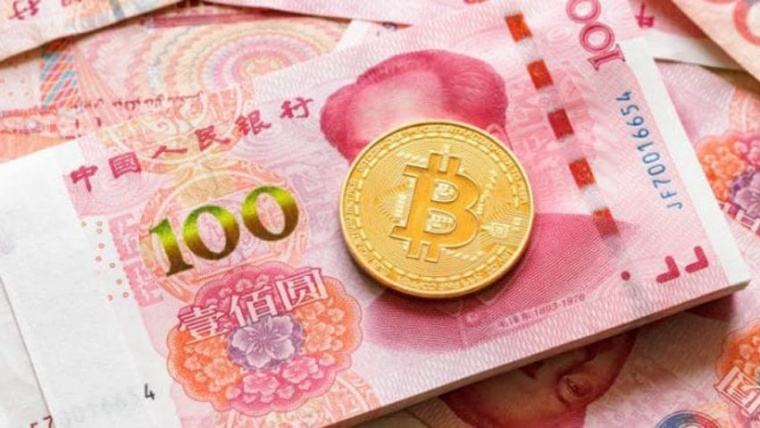
- Already strained ties between Washington and Beijing have been stretched further with Pelosi’s visit to Taiwan, the highest U.S. official to visit the territory in over 25 years.
- Across the Pacific, Chinese stocks were not spared either with Hong Kong’s Hang Seng index falling as much as 3.2% before recovering slightly and China’s CSI 300 falling 2.8%.
For several tense hours yesterday, millions of users tracked the progress of SPAR19, the callsign of Nancy Pelosi’s U.S. Air Force VIP transport jet that flew on a long dogleg east across much of Borneo before taking a sharp left to track northwards for Taipei.
Right up to the very last minute, Pelosi’s visit to the territory that China considers a renegaded province was uncertain and millions of users crashed the FlightRadar24 website tracking the progress of SPAR19, to guess where it would ultimately land.
Already strained ties between Washington and Beijing have been stretched further with Pelosi’s visit to Taiwan, the highest U.S. official to visit the territory in over 25 years.
The benchmark S&P 500 dipped 0.1% while the tech-heavy Nasdaq Composite climbed a 0.2% on expectations on bets that the U.S. Federal Reserve would be less aggressive with its rate hikes.
Europe’s Stoxx 600 fell 0.2% while the MSCI’s broad index of Asia-Pacific stocks declining 1.3%.
Pelosi’s visit saw China ramping up its military activity bordering Taiwan with numerous Chinese fighter jets seen flying close to the median line dividing the Taiwan Strait, but not crossing it at the time of writing.
During the Clinton administration, China fired missiles into the waters just 100 miles north of key Taiwanese ports while Washington sent the Nimitz carrier battle group to the Taiwan Strait in a sharp escalation of tensions.
Shares in U.S.-listed technologies that rely on China for a large segment of their sales nosedived, with the Philadelphia Semiconductor index dipping 0.3% and Intel shedding 1.9%.
Given the level of rhetoric that Beijing has brought to bear on Pelosi’s visit to Taiwan, it’s unlikely to back down now and fears are that both robust military and economic measures may be imposed at a time when the global economy can least afford it.
Thin summer trading volumes could also exacerbate price movements if geopolitical tensions escalate.
Benchmark U.S. 10-year Treasuries gained initially on tensions, but pared gains by the end of the trading session and the yield curve, normally seen as a precursor to a recession, inverted even further.
Across the Pacific, Chinese stocks were not spared either with Hong Kong’s Hang Seng index falling as much as 3.2% before recovering slightly and China’s CSI 300 falling 2.8%.
Investors can expect greater volatility as Beijing’s response to Pelosi’s visit is rolled out in the coming days and weeks, but make no mistake about it, the country’s politicians are unlikely to backdown from what it will no doubt interpret as a serious provocation.



